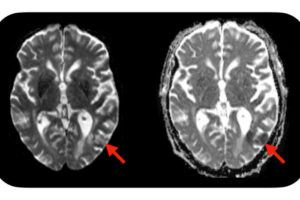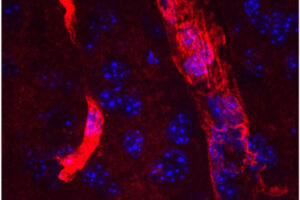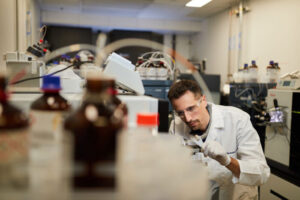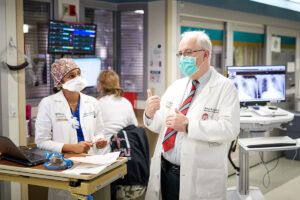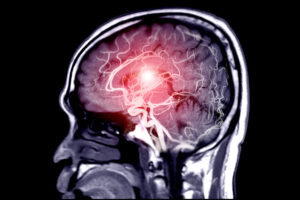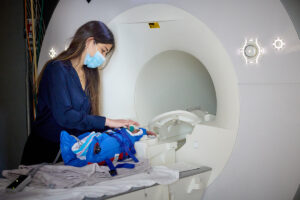Cell-based immunotherapy called CAR-T cell therapy has revolutionized the treatment of several cancers. The treatment uses genetically modified T cells to target and attack certain types of leukemia and lymphoma. While it can eliminate cancer in some patients who would otherwise succumb to the disease, it also comes with the risk of a range of […]
Simple blood test predicts neurotoxic complications of CAR-T cell therapy (Links to an external site)
